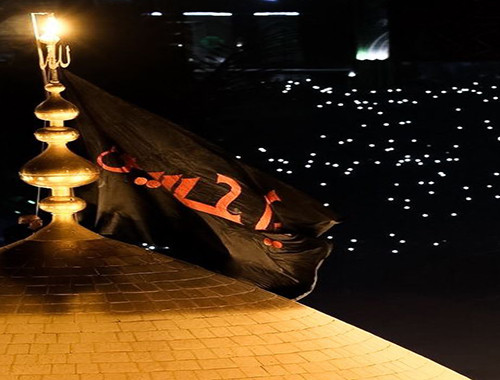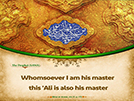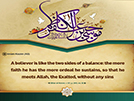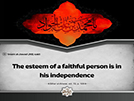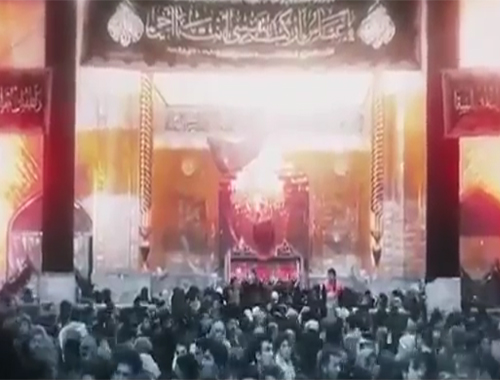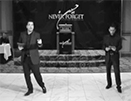Conclusive remarks from the foregone discussions
- Details
- Hits: 3355
Conclusive remarks from the foregone discussions
When one sees a Muslim doing something wrong one must study all its aspects. If the person has already given up the sin his GhiÄ«ba is HarÄm. By the same token he must not be scolded or criticised because Nahy Anil Munkar is to wean him away from sin; if he himself has given it up there is no sense in reprimanding him. If he has not discontinued it and he does it secretly then his sin comes in the ambit of secret sins and it is HarÄm to mention them to others. What is required in this case is to do Nahy Anil Munkar with all necessary conditions and if in spite of this he does not reform himself and we know that he will forgo it only if it is made public, we can do his GhÄ«ba. But we must be sure that his sin is more serious than his GhiÄ«ba.
Therefore GhiÄ«ba for the purpose of Nahy Anil Munkar is allowed only when the person is persistent in his sin, and refuses to heed admonitions, when the evil of his sin is greater than exposing him; and we must be sure that he will forgo it if he is exposed. However, if any one of the four conditions are missing his GhiÄ«ba is HarÄm.
(5) GhiÄ«ba of a person is allowed if in addition to committing the sin himself he is instrumental in instigating others to follow him. For example he introduces an innovation in Allah (S.w.T.)’s religion. In order to warn the people of his deceit his GhiÄ«ba is permitted.
(6) Ghiība is allowed in connection with a person who narrates a false hadith or gives a false testimony. It should be to ensure that people are not misled by his falsehood.
(7) It is allowed to mention the defect of a person by which he is well-known. For example blind, cock-eyed, lame etc. Our intention must not be to point out his defect but by way of indication. Also one must bear in mind that the person himself not feel irked by these titles. Only in such circumstances is it allowed, otherwise we must use some other means to indicate towards him.
(8) One is allowed to expose the false claims of a person’s lineage, because the harm caused by this exposure is less than the harm to families and clans if he relates himself to them.
(9) If two people are eyewitness to a sin. Later one of them mentions it to others. There is no harm in it because the one who is spoken to is not hearing something unknown to him, Shahīd Thani says it is better to refrain from mentioning something which the other person has forgotten or when there is a risk of scandal.
(10) According to Shaykh Ansari the discussion between two people who are eyewitnesses is allowed, if they do not do it with the intention of criticizing or denouncing the person. In all cases, Ghiība is allowed when the harm it causes is less serious than the insult or defamation incurred by the person.

